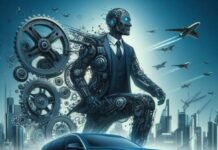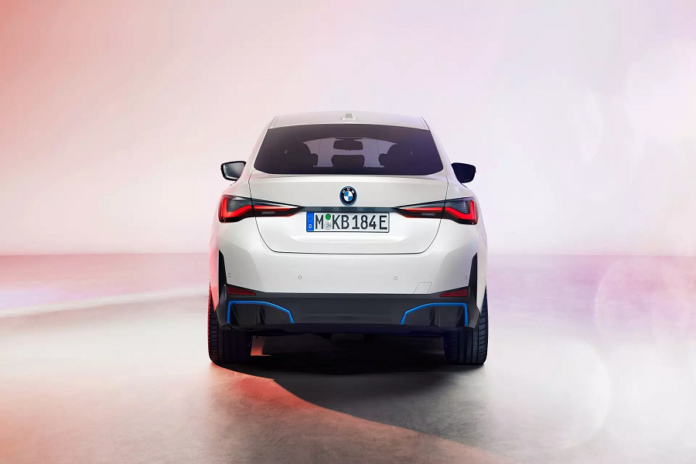In the pursuit of a sustainable future, the automotive industry stands at a pivotal crossroads. With concerns about climate change mounting and the detrimental impact of fossil fuel emissions becoming increasingly apparent, the need for alternative modes of transportation has never been more urgent. Electric vehicles (EVs) have emerged as a promising solution, offering a cleaner, greener alternative to traditional gasoline-powered cars.
Yet, despite the undeniable benefits of electric cars, widespread adoption remains elusive. Myths and misconceptions continue to shroud the EV market, deterring many consumers from making the switch. In this blog, we’ll delve into some of the most prevalent myths surrounding electric cars and uncover the reality behind them.
Limited Vehicle Options
Some consumers are hesitant to switch to electric cars because they believe there are limited options available on the market.
The electric vehicle market has experienced significant growth in recent years, with virtually every major automaker now offering electric models in their lineup. From the luxurious BMW i5 Electric to the eco-friendly Hyundai Ioniq 6, there is a wide range of electric vehicles to choose from to suit different preferences and budgets.
Limited Range
One of the most persistent myths about electric cars is their limited range compared to traditional gasoline-powered vehicles. Critics argue that EVs are impractical for long-distance travel due to the need for frequent recharging.
While early electric cars did indeed have limited ranges, technological advancements have greatly improved battery efficiency. Modern EVs like the Tesla Model S and the Nissan Leaf offer ranges comparable to many gas-powered cars. Moreover, the growing network of charging stations makes long-distance travel in an EV increasingly feasible.
High Purchase Cost
Another common misconception is that electric cars are prohibitively expensive, putting them out of reach for the average consumer.
While it’s true that some electric car models come with a higher initial price tag, this cost is offset by lower long-term operating expenses. EVs typically have lower maintenance and fueling costs compared to their gasoline counterparts. Additionally, government incentives and subsidies are available in many regions to encourage the adoption of electric vehicles, further reducing the upfront cost for buyers.
Lack of Charging Infrastructure
Skeptics often cite the lack of charging infrastructure as a major hurdle to widespread EV adoption. Without a robust network of charging stations, they argue, EV owners will face difficulties finding places to recharge their vehicles.
While the charging infrastructure is still developing, significant progress has been made in recent years. Governments, businesses, and energy companies are investing heavily in expanding the network of charging stations, both in urban areas and along highways. Additionally, many EV owners opt to install charging stations at home, providing convenient access to power overnight.
Slow Charging Times
Critics of electric cars often point to their perceived long charging times as a drawback, claiming that it takes too long to recharge an EV compared to refueling a gasoline car.
While it’s true that charging an electric car takes longer than filling up a gas tank, the actual charging time varies depending on the charging infrastructure and the EV model. High-speed chargers, such as Tesla’s Superchargers, can provide a significant amount of range in a relatively short time. Moreover, advancements in battery technology are continually reducing charging times, making EVs more convenient for everyday use. The introduction of innovative models like the Hyundai Ioniq 6 demonstrates the commitment of automakers to meet the growing demand for electric mobility.
Conclusion
As we look to the future of transportation, it’s clear that electric cars play a vital role in reducing carbon emissions and mitigating the effects of climate change. By dispelling the myths surrounding EVs and embracing the reality of their capabilities, we can unlock their full potential to create a cleaner, more sustainable world.
From advancements in battery technology to the expansion of charging infrastructure, the electric vehicle industry is rapidly evolving. The introduction of innovative models like the BMW i5 Electric and the Hyundai Ioniq 6 demonstrates the commitment of automakers to meet the growing demand for electric mobility. However, the widespread adoption of electric cars requires more than just technological progress. It also requires supportive policies, investment in infrastructure, and consumer education. By working together to address these challenges, we can accelerate the transition to an electric future and build a greener, healthier planet for generations to come.
So let’s challenge the myths, embrace the reality, and drive towards a future powered by clean, electric energy. The road ahead may have its obstacles, but with determination and innovation, we can make electric cars the norm rather than the exception.






























































